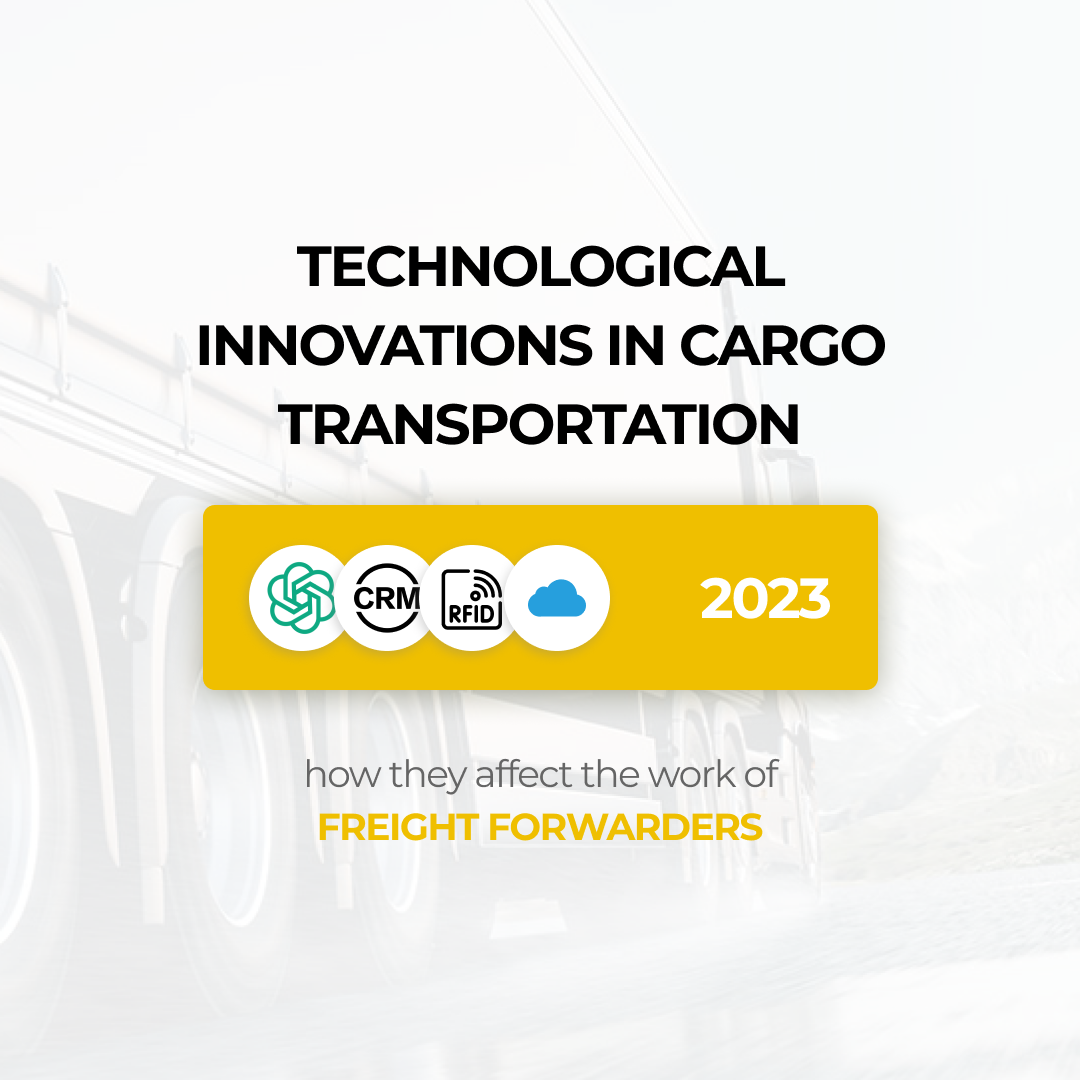Freight transportation is an integral part of the modern economy, and efficient management of logistics processes in this industry is…
Use of tracking and monitoring technologies in US shipping
Freight transportation is an integral part of the modern economy, and efficient management of logistics processes in this industry is becoming increasingly important. With the development of tracking and monitoring technologies, it has become possible to enhance the efficiency and reliability of freight transportation in the United States.
One of the key technologies employed in freight transportation is the Global Positioning System (GPS). GPS allows for precise real-time tracking of the location of cargo vehicles. This enables logistics companies to track the movement of goods and efficiently plan delivery routes. GPS tracking also enables quick response to unforeseen situations such as delays or route changes.
Another important technology used in freight transportation is sensors and cargo monitoring systems. These technologies allow for the monitoring of parameters such as temperature, humidity, lighting, and vibration inside cargo containers. For example, in the case of food transportation, maintaining optimal transport conditions is critical for preserving the quality of the goods. Thanks to sensors and cargo monitoring, deviations can be detected promptly, and measures can be taken to prevent damage or spoilage of the cargo.
Electronic driver logs are another useful technology in freight transportation. Previously, drivers used paper logs to track working hours, distances traveled, and rest periods. However, with the implementation of electronic logs, driver activities can be more accurately tracked and controlled. This helps reduce the possibility of safety violations and ensures compliance with labor legislation requirements.
Tracking and monitoring technologies also contribute to increased safety in freight transportation. For instance, video surveillance systems and safety sensors can prevent theft or unauthorized access to cargo. In the event of accidents or incidents, such systems allow for quick detection and response, thereby improving overall road safety.
However, the use of tracking and monitoring technologies in freight transportation is not without challenges and issues. Firstly, the implementation of such technologies requires significant financial investment. Additionally, training of personnel and adaptation of logistics processes to the new systems are necessary.
In conclusion, the use of tracking and monitoring technologies in US freight transportation plays a crucial role in enhancing the efficiency, reliability, and safety of logistics processes. Technologies such as GPS, sensors and cargo monitoring, electronic driver logs, and security systems enable logistics companies to have more precise control and management of freight transportation. Despite some challenges, the utilization of these technologies significantly improves logistics processes and contributes to the development of the freight transportation industry.
Our latest posts
Our latest posts
Use of tracking and monitoring technologies in US shipping

Marketing Basics for Freight Forwarders: How to Promote Your Services and Attract Customers
Marketing is an important tool for freight forwarders who offer logistics and cargo delivery services. In today’s competitive business environment,…

Technological innovations in cargo transportation: how they affect the work of freight forwarders
The modern world is experiencing several revolutions in the field of transportation and logistics. Technological innovations are significantly changing the…















